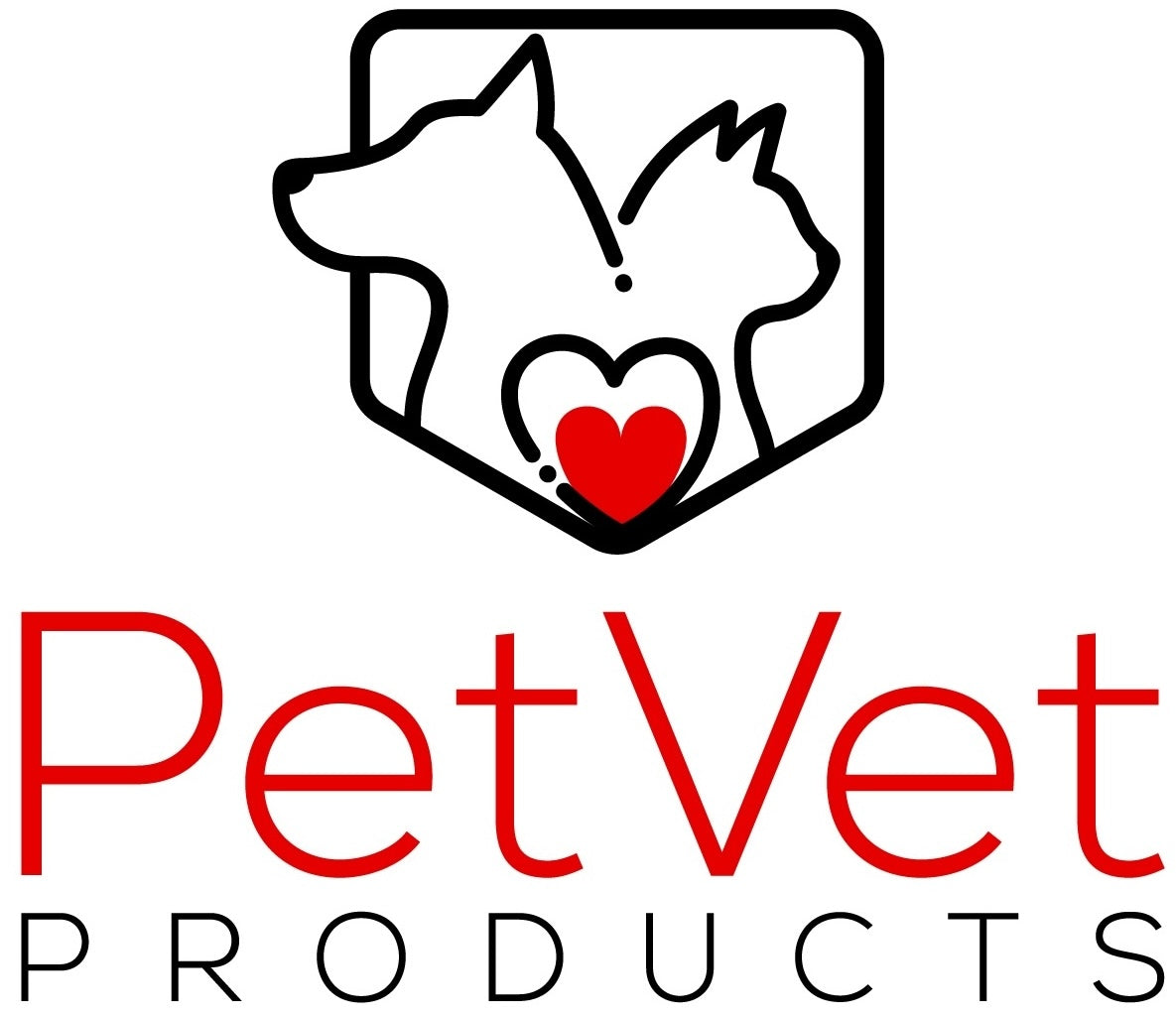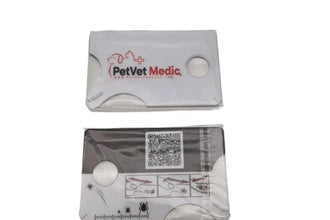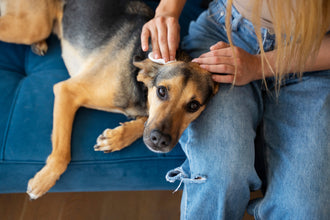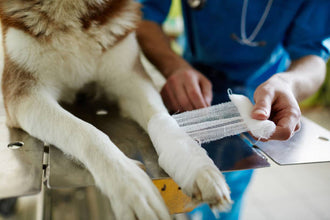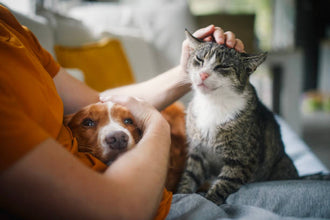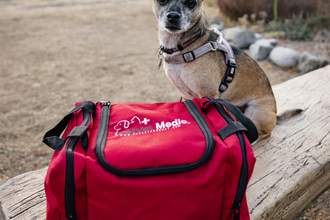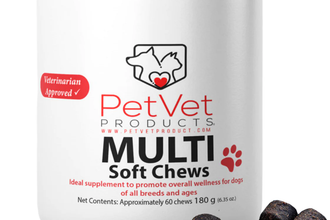
As pet owners, our furry friends are more than just animals—they’re family. At Pet Vet Products, we understand that their health and safety are always a top priority, but accidents can happen. One of the scariest situations you might face is suspecting that your pet has been exposed to something toxic.
Whether it’s a curious puppy nibbling on a houseplant or a cat accidentally ingesting a harmful substance, knowing how to spot the warning signs of pet toxicity can make all the difference.
In this blog, we’ll discuss common pet toxicities, symptoms to watch for, and how to act fast to protect your beloved companion.
Understanding Common Pet Toxicities
Pets can encounter numerous toxins in their environment. Some of the most prevalent include:
-
Chocolate: Contains theobromine, which is harmful to dogs. Dark chocolate and cocoa products have higher concentrations, increasing the risk.
-
Rodenticides: Used to control rodents, these substances can be fatal if ingested by pets. Symptoms might not appear immediately, making them particularly dangerous.
-
Household Cleaners: Many cleaning agents contain chemicals that are toxic to animals. Ingestion or even skin contact can lead to adverse reactions.
-
Certain Plants: Plants like lilies, azaleas, and sago palms are toxic to pets. Ingesting even small amounts can cause severe symptoms.
Recognizing the Symptoms of Poisoning

Symptoms of poisoning can vary based on the toxin involved and the individual pet. Common signs to watch for include:
-
Gastrointestinal Issues
Vomiting and diarrhea are common initial symptoms of pet toxicity. These signs can appear shortly after ingesting harmful substances, such as chocolate, which contains theobromine—a compound that pets cannot process efficiently.If left untreated, prolonged vomiting and diarrhea can lead to dehydration, making immediate veterinary attention crucial.
-
Neurological Signs
Certain toxins can affect the nervous system, leading to tremors, seizures, or unsteady movements. One example is metaldehyde, commonly found in slug and snail pellets, which can trigger severe neurological reactions.If a pet exhibits these symptoms, they need urgent medical care, as prolonged exposure can result in irreversible damage.
-
Respiratory Distress
Some toxins can interfere with a pet's ability to breathe properly, causing labored breathing, wheezing, or excessive panting. These symptoms may arise if a toxin directly affects the lungs or nervous system, such as exposure to household chemicals or inhaled poisons.
Rapid breathing difficulties should be treated as a medical emergency to prevent further complications -
Behavioral Changes
Toxic exposure can lead to noticeable behavioral changes in pets, including lethargy, extreme weakness, or unexpected hyperactivity. These symptoms might be subtle at first but can quickly escalate if the toxin continues to affect the body.Sudden behavioral shifts should never be ignored, as they often signal underlying health concerns.
-
Oral Irritation
Excessive drooling, foaming at the mouth, or difficulty swallowing can occur when a pet ingests a toxic or irritating substance. This is common with household cleaning agents, certain plants, or even insecticides.
Immediate rinsing of the mouth with clean water (if safe) and seeking veterinary care can help reduce further complications.
Immediate Steps to Take
If you suspect your pet has been poisoned:
-
Stay Calm: Your composure will help your pet remain calm as well.
-
Remove Access to the Toxin: Ensure your pet can't ingest more of the substance.
-
Contact Your Veterinarian: Contact your vet promptly, providing details about the potential toxin and your pet's symptoms.
-
Follow Professional Advice: Only induce vomiting or administer home remedies if explicitly directed by a veterinarian.
Preventative Measures
Prevention is always better than cure. To minimize the risk of poisoning:
Store Hazardous Substances Securely
Keep chemicals, medications, and certain foods in cabinets or on high shelves inaccessible to pets. This prevents accidental ingestion or exposure, reducing the risk of poisoning or other health issues
Be Cautious with Plants
Many common household and garden plants are toxic to pets. Before introducing new plants, research their safety and ensure they are non-toxic to animals. Place any potentially harmful plants out of your pet's reach.
Use Pet-Safe Products
Opt for cleaning agents and pest control methods specifically labeled as safe for animals. Always read labels carefully and follow usage instructions to minimize risks. This approach ensures a safer environment for your pets.
Educate Yourself
Familiarize yourself with common household items that are toxic to pets. This knowledge enables you to take proactive measures to keep these items away from your pets, thereby preventing accidental poisonings.
By implementing these practices, you can create a safer environment for your pets, reducing the risk of accidental harm.
We offer a range of pet care products designed to keep your pets safe from harmful substances. Explore our collection to ensure a secure and healthy environment for your furry friends.
The Importance of Pet First Aid Knowledge

Being equipped with pet first aid knowledge can be invaluable. Understanding how to respond to emergencies can stabilize your pet until professional help is available. Resources like the Pet First Aid charts and guides from the Pet Vet first aid guide offer complete information on handling various situations, from heatstroke to performing CPR
Why Choose Pet Vet Products?
At Pet Vet Products, we understand that your pets are more than just animals—they’re family. With over 25 years of experience as a veterinarian, Dr. Leah Hill leads our team with a wealth of knowledge and a heartfelt dedication to animal welfare. Our carefully curated first aid kits and emergency products are designed to provide you with the tools and guidance needed to handle unexpected situations with confidence and care.
We believe that every pet deserves the best possible care, and we’re here to help you provide it. From pet care products to pet care supplies, we’ve got everything you need to keep your furry friend safe, healthy, and happy.
Conclusion
Every pet owner must be vigilant and informed about common pet toxicities and their symptoms. Early detection and swift action can save a pet's life. Equip yourself with the necessary knowledge and tools to ensure your furry friend's safety.
At Pet Vet Products, we understand the profound bond you share with your pets. Our range of pet care supplies, including first aid kits and guides, is designed to support you in safeguarding your health. Explore our offerings to find the right products for your pet's well-being.
